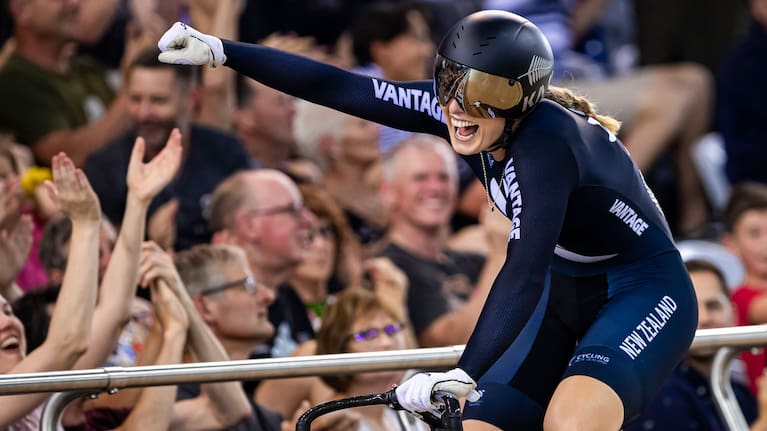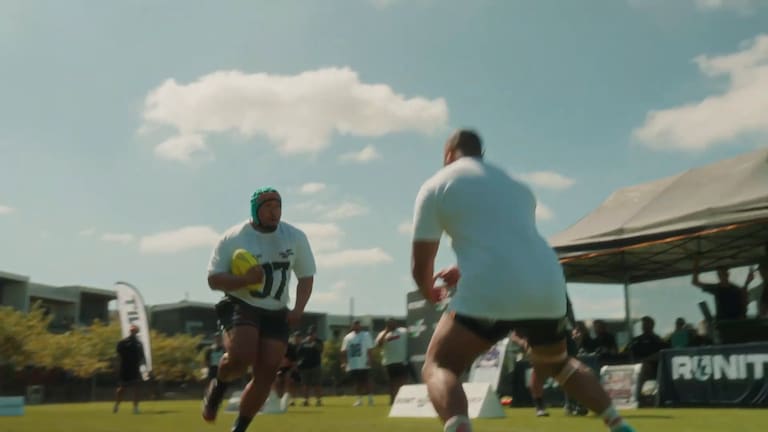Racquel Sheath spent years as a top track cyclist, but after Olivia Podmore's death, she can't stay quiet any longer about what goes on.
Sheath spoke to 1 NEWS about the pressures faced by Kiwi cyclists.
"We were just scared, but I'm not scared anymore because I don't want to see this happen again. No one deserves it, I don’t want athletes to come into a programme that is going to just spit them out like they're trash at the other end."
Sheath left the Cycling New Zealand programme last September. The Commonwealth Games silver medallist broke her elbow and wrist in 2019 and missed out on Olympic selection.
She’s not normally one to rock the boat, but her teammate's death was the final straw.
"She was bullied, there was unfair selections she was just never treated with the dignity and integrity that she deserved.. we all end up getting treated like commodities and replaceable."
1 NEWS has spoken to a number of athletes who say Podmore's Olympic non-selection was political rather than performance based. The sprint spot she’d qualified for in Tokyo was handed over to the endurance team and justified by medal potential.

No female endurance riders finished on the podium at these games, their best result was eighth in the Women's Team Pursuit.
Like Sheath, Dylan Kennett wants to see change. He spent seven years in the elite programme where he won two Commonwealth Games medals and a World Title among the accolades, but his journey hasn't been easy.
When news of Podmore's death filtered out last week many people reached out to him.
"I got heaps of messages coming in if I’m OK and that there is quite a telling thing, a lot of people know what’s gone on" says Kennett.
Last year he finally walked away from the programme, worn down and tired of fighting, especially after seeing people criticised in the 2018 Heron Report promoted in the broader high performance system.
"I hate the resigning, people resigning and then getting promoted later on. What a load of rubbish, that’s hard to take as an athlete as well, you think change is here and then you get a big kick in the guts when you see that guy getting a promotion."
Kennett and Sheath agree there are good people in the system, but say many feel beaten down before they can really make a difference.

Sheath, 26, considered coaching but then thought better of it.
"I didn't want to encourage athletes to go into that system because I wouldn't' wish it upon anyone," she elaborates.
Cycling New Zealand says they're listening carefully and will this week discuss further action. But that's something these two athletes heard after the Heron review.
Kennett says, "they need to start treating the athletes as human beings... it’s not a game".
Sheath says any changes from the review have been more about box ticking.
"The bar was incredibly low for the changes that they made so yes maybe they did make some changes, but the bar is still pretty much on the floor. If anything it's been very, very slightly lifted."
Two athletes adding their voices to the growing chorus for change at Cycling New Zealand.




















SHARE ME